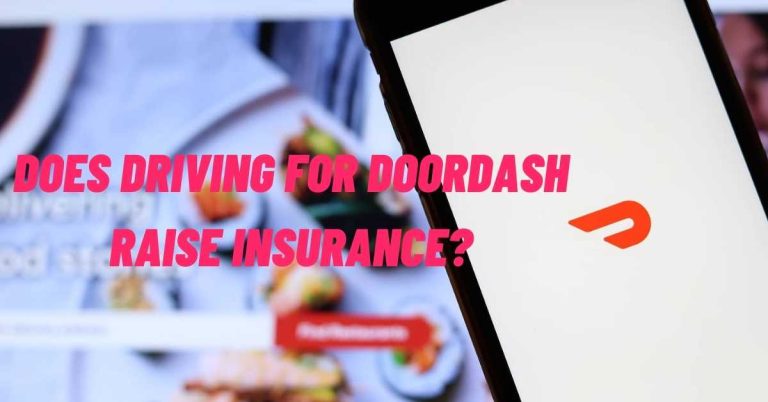Table of Contents
What happens to term life insurance at the end of the term?
Generally, when term life insurance expires, the policy simply expires, and no action needs to be taken by the policyholder. A notice is sent by the insurance carrier that the policy is no longer in effect, the policyholder stops paying the premiums, and there is no longer any potential death benefit.
Term Life Insurance Explained
Does term life insurance actually pay out?
Payouts. Term life pays out the value of the policy upon death in almost all circumstances. This payout is called the death benefit or face value of the policy, can vary from $10,000 to above $1 million. The amount of coverage you need depends on your particular financial situation.
Do you get your money back at the end of a term life insurance?
No, you do not get your money back at the end of a term life insurance policy. The policy expires, and that is the end of your coverage. You have paid for the coverage for the length of time specified in the policy, and that is all you will receive.
What are the disadvantages of term life insurance?
While term is often the cheapest form of life insurance, there are some negatives to buying coverage. The policy doesn't build cash value, has no surrender amount if you cancel, and, if you have to renew, your premium is adjusted based on your current age and health, which can mean much higher rates.
Do you get money back at end of term life insurance?
No, you do not get your money back at the end of a term life insurance policy. The policy expires, and that is the end of your coverage. You have paid for the coverage for the length of time specified in the policy, and that is all you will receive.
What happens to money after term life insurance expires?
The policy expires, and that is the end of your coverage. You have paid for the coverage for the length of time specified in the policy, and that is all you will receive. With Return Of Premium Term Life Insurance, you will get your money back at the end of the policy if you live past the term.
How Does Term Life Insurance Work?
What happens after 10 year term life insurance?
After 10 years, the policy expires. That means you will no longer have coverage. The death benefit coverage of the policy also only lasts until the end of the term. For example, if the insured dies within the 10-year term, their designated beneficiary will get a lump-sum payment as stated in the policy.
Does term life insurance always pay out?
Term life is typically less expensive than a permanent whole life policy – but unlike permanent life insurance, term policies have no cash value, no payout after the term expires, and no value other than a death benefit.
What percentage of term life insurance actually pays out?
In fact, a study done by Penn State University indicates that 99 percent of all term policies never pay out a death benefit. However, that's because most term policyholders don't pay their premiums and let their policies lapse, not because they outlive the policy term, according to Entrepreneur.
Can you get money from a term life insurance policy?
No – a term life policy has no cash value component. If you want a policy that provides a death benefit and builds cash value over time, you should consider getting a whole life insurance policy.
Convertible Term Life Insurance Explained
Do we get our money back in term insurance?
Return of premium (ROP) term life insurance refunds all of the premiums you've paid if you're still alive when the policy term is over. Here are some factors to consider before committing to this type of life insurance policy.
Do you get money back when your life insurance ends?
In most cases, if you cancel a term life insurance policy, your coverage ends and you don't get any benefit or premiums back. You might get a partial refund on premiums if you've already paid for future months of coverage in advance.
What are the major limitations of term insurance?
A significant drawback of term insurance plans is that premiums for term insurance plans increase as you grow older, that is why it is advised to purchase a term insurance plan when you are young.
Life Insurance | How Does Life insurance works? Types of Life insurance
Is it better to get term or whole life?
Is whole life better than term life insurance? Whole life provides many benefits compared to a term life policy: it is permanent, it has a cash value investment component, and it provides more ways to protect your family's finances over the long term.
What is the disadvantage of term plan?
If you cancel a term policy, you don't get any money back unless you get a policy that offers a return of premium feature, which comes with higher costs. This differs from permanent life insurance, which provides a surrender value based on the cash savings account if you cancel the policy.
